Strained alliances: India-Canada diplomatic row
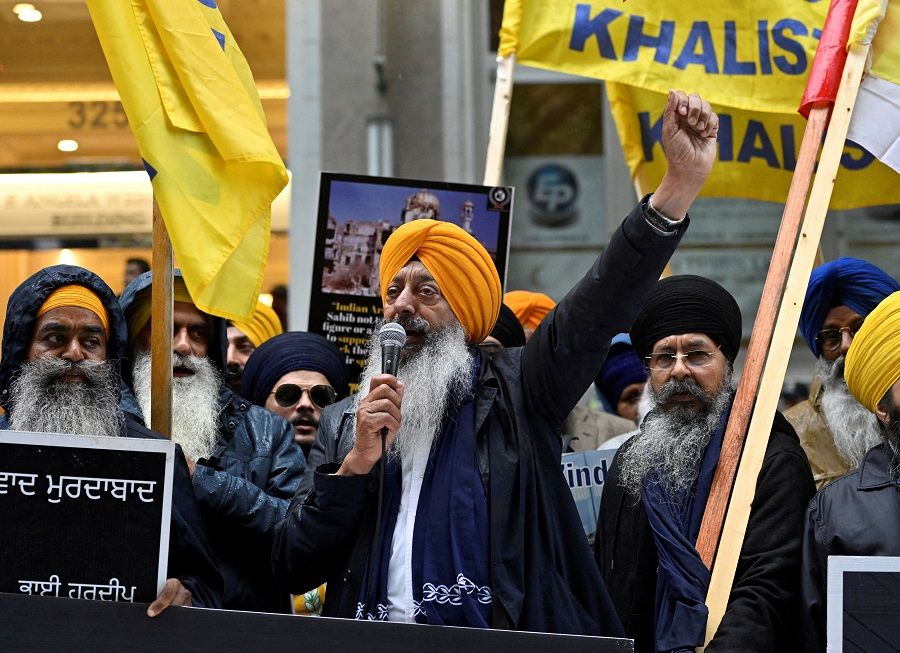
Canadian Prime Minister Justin Trudeau has alleged the involvement of "agents of the Indian government" in the killing of a Canadian citizen, Hardeep Singh - a Khalistan separatist demanding a distinct separate homeland for the Sikh community in India.
Sikhs constitute more than 20 million of India's population, but Canada has the largest Sikh population outside of India, with approximately 800,000 Sikhs constituting around 2% of the total population of Canada.
India has refuted these allegations, saying, "We have seen and rejected the statement of the Canadian Prime Minister in their Parliament, as also the statement by their Foreign Minister."
Canadian politicians and their parties have been supporting such so-called "activism" in the name of "freedom of expression" on Canadian soil for those who question India's tagging of Khalistani separatists as "terrorists".
Indian Foreign Minister S. Jaishankar, in his national address at the 78th United Nations General Assembly, took a subtle dig at Canada saying they must not "countenance that political convenience determines responses to terrorism, extremism and violence... [and] respect for territorial integrity and non-interference in internal affairs cannot be exercises in cherry picking."
The tit-for-tat response has halted India-Canada ties to the extent that Canada expelled an Indian diplomat, and New Delhi responded by expelling a senior Canadian diplomat.
Sikhs in Canadian politics
Over the decades, Sikhs have become a dominant force in Canadian politics, and as a result, clamours for Khalistan have found support across political lines. Canadian politicians and their parties have been supporting such so-called "activism" in the name of "freedom of expression" on Canadian soil for those who question India's tagging of Khalistani separatists as "terrorists".
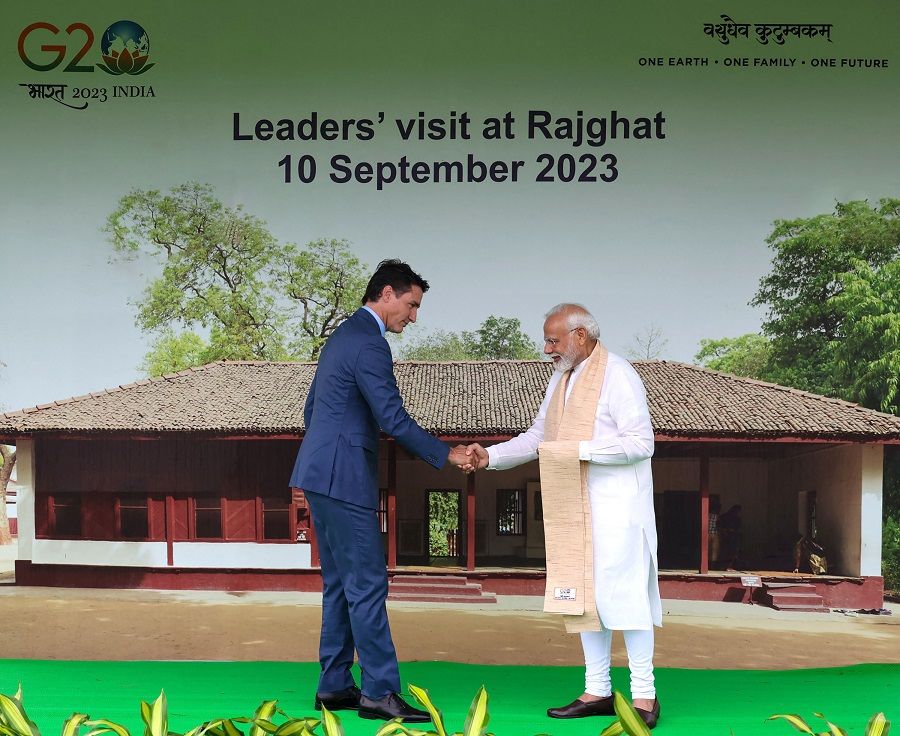
While Justin Trudeau's allegations came as a surprise, the issue had been rumbling within diplomatic walls. Tensions were felt during the visit of Justin Trudeau to India for the September G20 Summit, during which India strongly conveyed its unhappiness to Canada for harbouring anti-India elements on its soil.
However, it needs little guessing that Canada's New Democratic Party leader Jagmeet Singh - an ally of the Justin Trudeau-led government - is a Khalistan sympathiser. Canada's domestic politics is a big factor in this row.
From India to Canada
The demand by separatist elements based in Canada for an independent Khalistan is decades old and has found an echo chamber within the Canadian state establishment. Before Justin Trudeau, his father, former Prime Minister Pierre Elliott Trudeau, had refrained from taking action against Khalistani separatists and presided over a period of scaled-down cooperation with India. For India, Canada has been a safe haven for such separatist elements threatening India's sovereignty and integrity.
In India, the Khalistan issue dates back to the 1980s and 1990s when India was facing a wave of violence instigated by extremist Sikh groups in the Indian state of the Punjab advocating for the creation of Khalistan as an independent Sikh state. In 1984, Indian security forces, under Operation Blue Star, flushed out the Khalistan separatist militants from the Golden Temple - a revered Sikh shrine in Amritsar, India, known for its stunning golden architecture and spiritual significance.
Today, there is not such a united force in India demanding Khalistan, but such elements continue to flourish in Canada as they seek a Sikh constituency.
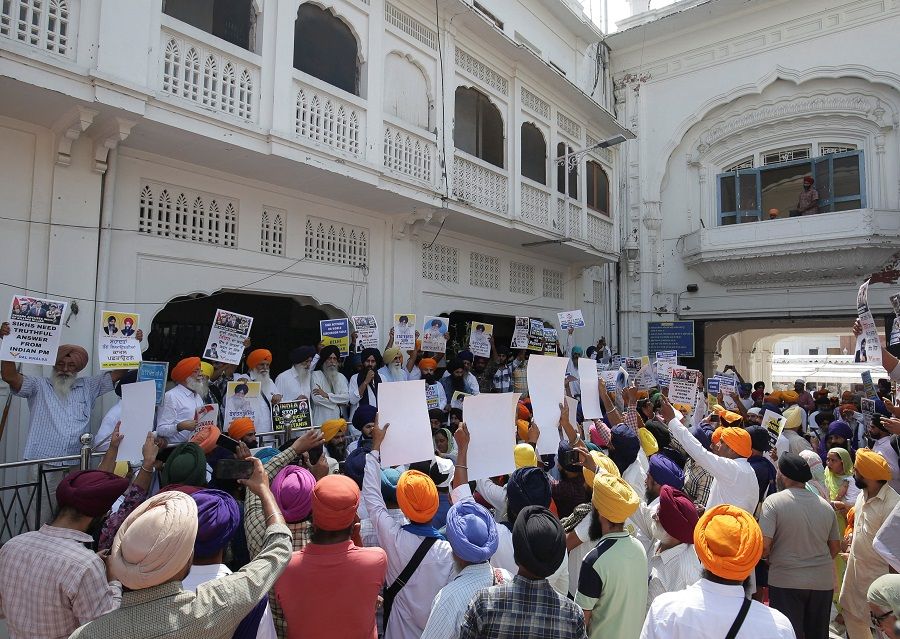
The assassination of the Indian Prime Minister Indira Gandhi in 1984 was linked to Khalistan separatist tensions, as her government had clashed with Sikh militants. Today, there is not such a united force in India demanding Khalistan, but such elements continue to flourish in Canada as they seek a Sikh constituency.
A separatist section of the Sikh community violently demanding Khalistan on foreign soil certainly brings India into the discussion. But more than India, this is very much a Canadian problem as the country continues to witness gang wars on its soil among the armed sympathisers, supporters and so-called Khalistani activists who now and then engage in killings in Canada.
What Canada terms as a human rights issue is actually an internal security challenge. The inaction of the Canadian government on this matter is a worrying sign in the Canadian polity.
Implications on bilateral ties and relations with the West
Canada's allegations have deeply hampered its ties with India, especially when the Indian diaspora constitutes one of the largest workforces in Canada, home to 5.26% of overseas Indians. Every seventh Indian student studying abroad is in Canada, contributing to the Canadian economy and workforce.
Amid Canada's allegations, the long-awaited free trade agreement has been shelved indefinitely with little impact on India as bilateral trade remains very meagre at US$8.16 billion in 2022-2023 - less than 1% of India's total trade volume.
The Western world came out with vague reactions to Canada's allegations - actually supporting Canada in disguise. It seems that intelligence from the "Five Eyes" alliance comprising Australia, Canada, New Zealand, the UK and the US, played a role in providing "credible" proof of India's involvement. The Five Eyes countries, including the US, have affirmed that they discussed the matter before the Canadian prime minister addressed the House of Commons.
India's ties with the West are deeper and stronger than ever, be it in the strategic sector or trade, or their alliance against the Chinese presence...
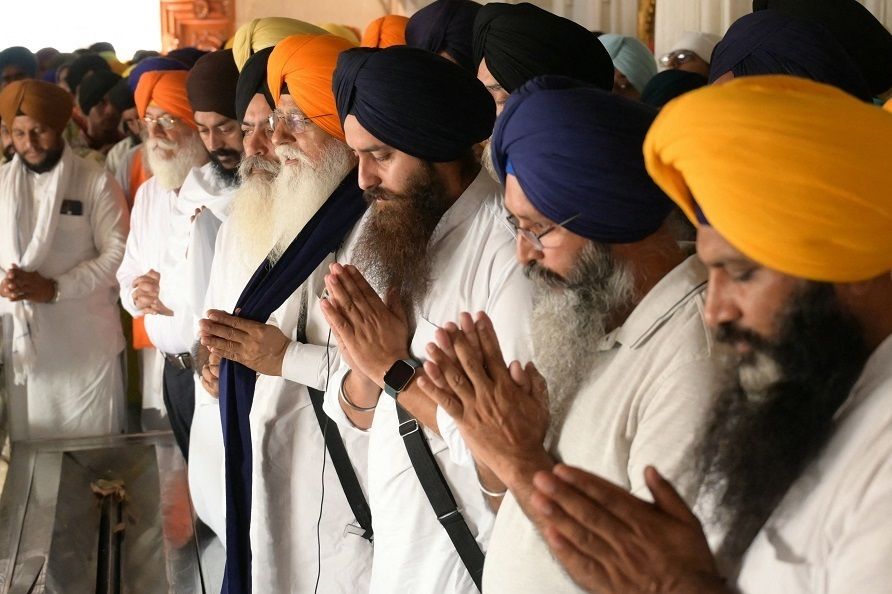
Antony Blinken, the US secretary of state, added, "We are deeply concerned about the allegations that Prime Minister Trudeau has raised. We have been consulting throughout very closely with our Canadian colleagues, and not just consulting, coordinating with them on this issue."
UK Foreign Secretary James Cleverly also added that they were taking allegations "very seriously". Australia, another Five Eyes member, also conveyed that it was "deeply concerned" by the allegations.
Be that as it may, the stance adopted by the West is not likely to have major implications on their relations with India. For instance, despite there being a strategic partnership between the US and India, the US continues to raise issues about human rights in India. It is a similar case with Australia. Therefore, it is a matter of political convenience for the West and the level of concern raised with India on such matters. India's ties with the West are deeper and stronger than ever, be it in the strategic sector or trade, or their alliance against the Chinese presence, and their global cooperation is growing.
... China is closely looking at whether India's alliance with the US will see cracks due to the latter's tacit support to Canada.
China's response
China has not come out with a dedicated response to the India-Canada diplomatic spat. However, the Chinese state media has trolled the West and Western response on the issue, especially when India and the West have come to terms with taking up the China challenge in the Indo-Pacific region. The Chinese state media agencies, including Xinhua and Global Times, have firmly criticised the US for its stand.
A Global Times commentary opined, "The US generally prefers its allies and partners to maintain 'tension' to a certain extent to underscore the US' 'indispensable' value and its role as an 'offshore balancer' and 'behind-the-scenes arbitrator'." With the US and the larger West remaining vague in their responses, China is closely looking at whether India's alliance with the US will see cracks due to the latter's tacit support to Canada.
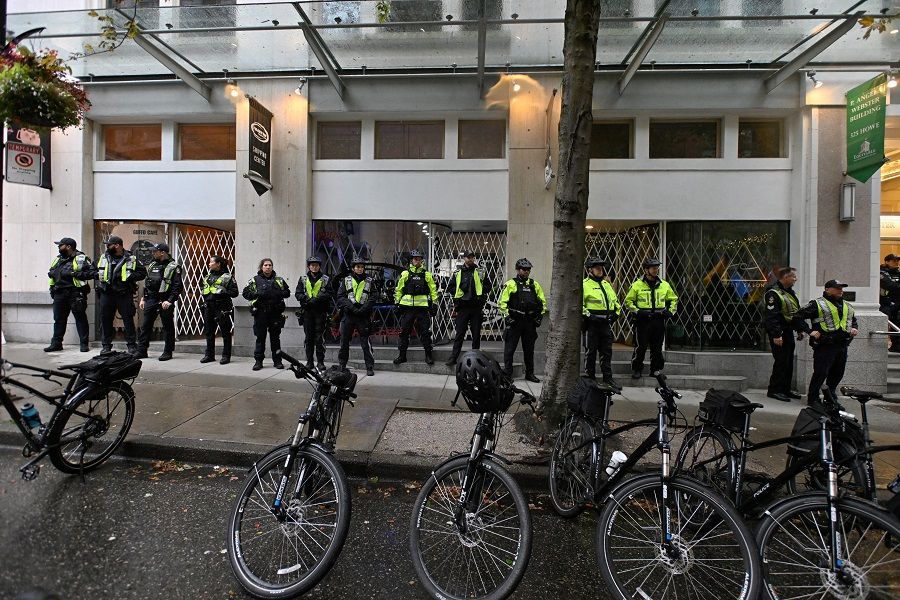
The India-Canada diplomatic row, sparked by allegations of Canadian support for Khalistan separatists, has strained bilateral relations with no hope for an immediate resolution. However, with a substantial Indian diaspora in Canada and a potential for economic cooperation, both nations have much at stake. The future of their ties hinges on addressing this issue sensitively while recognising their broader partnership opportunities.
Dialogue is crucial to resolving the dispute and ensuring regional stability. The involvement of Western allies, including the US, adds complexity to the situation, with China watching closely for any signs of strain in India's alliance with the West. Peaceful diplomacy is imperative for global cooperation, but it must not be at the cost of a compromise that hampers the sovereignty and integrity of the actors involved.
